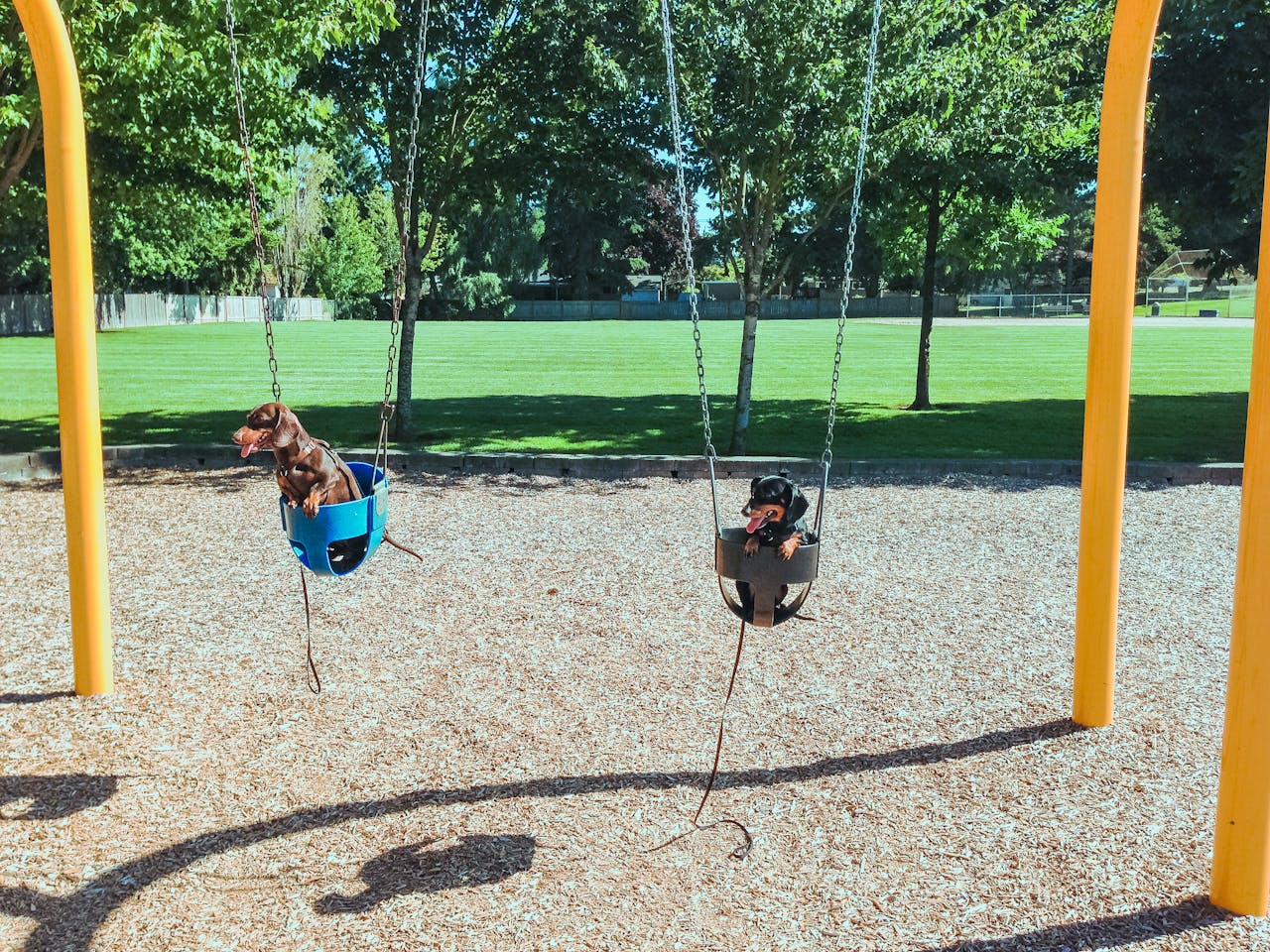Support groups can be found for almost anything. From drug rehab to burn victims groups, support groups come in many forms and understanding how to set up and run one is crucial to its success.
Growing Emotional Safety in a Support Group
Support groups such as StartOut are known to be helpful to people dealing with a broad array of life challenges, losses, and traumas and are well documented. For people coming out, finding a support network of people who understand the physical and mental challenges and who can consequently provide hope and direction in the process of the coming out process is a blessing. Support groups can reduce the sense of isolation and stigmatization that many gay, lesbian and bisexual individuals feel. Being a part of such a group can be the initial step in connecting to other individuals in the same position as yourself. Every journey begins with a single step, and the measure of locating a healthy and healing support group is often an important one for individuals struggling with their sexuality.
Organising a Group
Organising a support group would appear a fairly simple task. Locate a space, decide on a time to meet, decide whether the group will be facilitated or self-run by attendees, put out the biscuits and seats, and send out the flyers. Creating emotional safety in a support group is quite another issue and deserves specific attention.
Creating psychological safety in a support group is a crucial element in order for all members to contribute and to feel safe and supported. What sounds easy can really be an intricate process. But this process can be separated into a range of essential elements.

Establishing Guidelines
Of the several aspects to consider in creating emotional safety in any alcohol rehab support group, the most essential are: confidentiality, the acceptable responses to feelings as well as the practice of unconditional presence, and a regard for boundaries. Setting the ground rules concerning these specific factors at the beginning of each support group establishes the safety for the group. It is necessary to briefly restate these ground rules even if the same group of people always meet and anytime individuals arrive following the ground rules have been stated.
Maintaining Confidentiality
Establishing the private nature of what is shared in the group is an essential ground rule for any support group. Stating clearly, “What is shared in this room, stays in this room,” and then asking the members to stick to this is the start of establishing group safety. It isn’t okay to share other people’s stories or details in the life that they may decide to share in a support group. Maintaining confidentiality is vital to the foundation where the psychological safety of a service group rests.
Creating a Safe Place for Feelings
Lots of people were taught that some feelings are okay and others aren’t, that some feelings are negative and others are positive. In some cases we somehow will need to get rescued from our feelings, especially painful ones like anger, depression, sadness, hurt, anxiety, hopelessness, helplessness, and guilt. Many people have had their feelings shamed in their family and have anxiety about risking sharing feelings in a group and potentially struggle on how to come out being gay or lesbian. The reality is that in order to proceed through grief and recover from trauma, each of which frequently accompany a former drug or alcohol addict, they will need to be able to feel and release their own feelings.
When the next fundamental principles about feelings have been honoured, security for feelings can be created in a connection or a team:
- Feelings are neither right nor wrong, good nor bad. All feelings are okay and don’t need either a positive or negative judgment.
- Telling someone they should or should not feel something does not assist them, but rather causes them to become blocked.
Respecting Boundaries
A vital part in creating group safety is in respecting the respecting the spiritual, emotional, physical, and intellectual boundaries of members of a support group. Sometimes people have trouble hearing the emotional pain or seeing the tears of another without having to save them. This is most often due to some unresolved issue or pain of their own. In a support group rescuing can pose as interrupting, telling others what to do about their issues, or physical rescuing, just like an uninvited hug.
Respect for spiritual boundaries requires that the group be accepting of and creates a safe space for diverse spiritual and religious belief systems. It isn’t appropriate to use the group’s time to attempt to convince others about any specific religion or religious belief.
Telling someone what they should or shouldn’t be thinking, feeling, or doing is most definitely not helpful. Exceptions to this frequently occur at the conclusion of a group meeting after everybody has had a chance to discuss uninterrupted in the group and then they naturally move into a problem-solving manner. At this moment, sharing particular suggestions or how members have dealt with specific issues can be supportive and helpful. The secret is to first let each member have a chance to share what they feel uninterrupted.
Many individuals just require the time to talk about their story, harrowing as that might be, and to have that heard and witnessed. Whoever is facilitating the team has to be aware of the time and keep the group on track through sharing. Sometimes, there may be somebody who dominates the time or who iss stuck in their own narrative, having told it many times previously. It is crucial to keep the group moving while at the same time setting limits on monopolizing behaviours in a kind and compassionate way.












